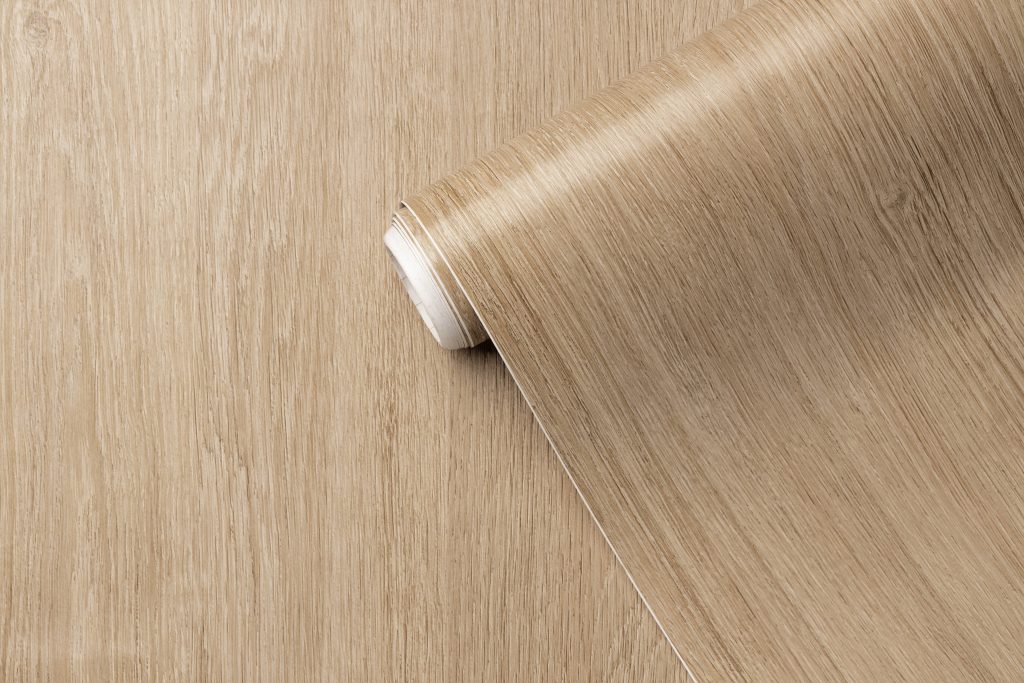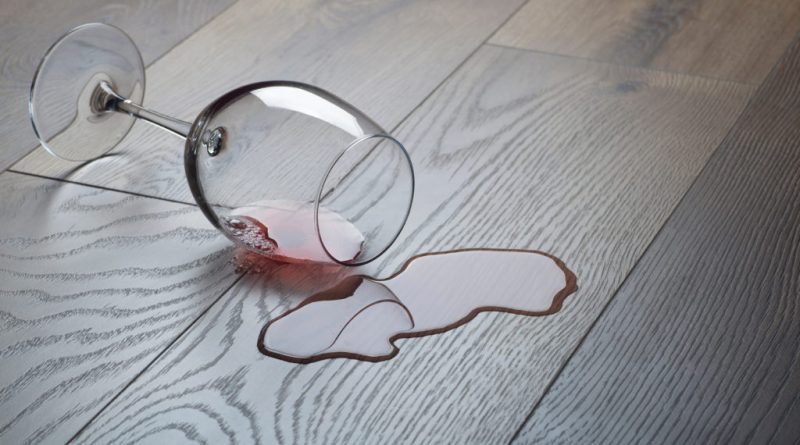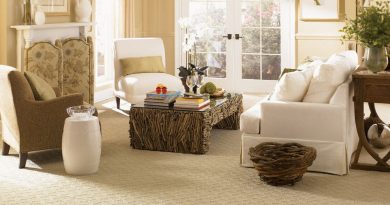Waterproof Vinyl Flooring: An In Depth Guide
Waterproof vinyl flooring has become increasingly popular among homeowners and businesses alike. Its durability, aesthetic appeal, and affordability make it a top choice for many. In this guide, we will explore the various aspects of waterproof vinyl flooring, including its benefits, types, installation process, maintenance, and answers to frequently asked questions.
What is Waterproof Vinyl Flooring?
Waterproof vinyl flooring is a type of resilient flooring made primarily from synthetic materials like PVC (polyvinyl chloride). It is designed to resist moisture, making it an ideal choice for areas prone to spills and humidity, such as bathrooms, kitchens, and basements. Unlike traditional vinyl flooring, which can be susceptible to water damage, waterproof vinyl flooring provides enhanced protection against moisture.
Key Features of Waterproof Vinyl Flooring
Moisture Resistance:
The primary advantage of waterproof vinyl flooring is its ability to repel water. This characteristic prevents warping and damage, making it suitable for high-moisture environments.
Durability:
Waterproof vinyl flooring is known for its toughness. It can withstand heavy foot traffic, making it an excellent choice for both residential and commercial settings.
Aesthetic Variety:
Available in a wide range of designs, colors, and textures, waterproof vinyl can mimic the look of natural materials like wood and stone, allowing homeowners to achieve their desired aesthetic without compromising on functionality.
Easy Installation:
Many waterproof vinyl flooring options come with a click-lock installation system, making it easy for DIY enthusiasts to install.
Low Maintenance:
This type of flooring is easy to clean and maintain, requiring only regular sweeping and occasional mopping to keep it looking new.
Benefits of Waterproof Vinyl Flooring
Versatile Applications
Waterproof vinyl flooring is suitable for various applications. Whether you’re renovating your kitchen, updating your bathroom, or designing a commercial space, this flooring can adapt to your needs. Its versatility makes it an ideal choice for homeowners and business owners alike.
Cost-Effective Solution
Compared to other flooring materials, such as hardwood or tile, waterproof vinyl flooring is often more budget-friendly. It provides a high-end look at a fraction of the cost, making it accessible for various budgets.
Comfort Underfoot
Unlike harder flooring options, waterproof vinyl is softer and warmer, providing a comfortable surface to walk on. This characteristic is especially beneficial in spaces where people stand for extended periods, such as kitchens and retail environments.
Noise Reduction
Waterproof vinyl flooring can help reduce noise levels within a space. Its cushioned surface absorbs sound, making it a good choice for multi-story homes or busy commercial areas.
Types of Waterproof Vinyl Flooring
Vinyl Plank Flooring
Vinyl plank flooring is designed to resemble hardwood planks. It is available in various sizes, colors, and textures, allowing for a customizable look. This type of flooring is popular for residential use and offers a warm, inviting appearance.
Vinyl Tile Flooring
Vinyl tile flooring mimics the appearance of ceramic or stone tiles. It can be installed in various patterns and layouts, offering creative flexibility in design.
Sheet Vinyl Flooring
Sheet vinyl is a large, continuous piece of vinyl that covers an entire room. This option minimizes seams, making it highly water-resistant and easy to clean.
Installation Process
Preparation
Before installation, it’s crucial to prepare the subfloor. Ensure the surface is clean, dry, and level. Any imperfections should be fixed to prevent issues later on.
Acclimation
Allow the vinyl flooring to acclimate to the room’s temperature and humidity. This step helps prevent expansion or contraction after installation.
Layout
Plan the layout of your flooring. Start by finding the center of the room and working your way out to ensure an even distribution of patterns and colors.
Cutting and Fitting
Carefully cut the vinyl planks or tiles to fit around edges and corners. Use a utility knife for precise cuts and ensure a snug fit.
Installation
For click-lock systems, simply click the planks together. For glue-down options, apply adhesive according to the manufacturer’s instructions. Ensure each piece is pressed down securely to eliminate gaps.
Finishing Touches
Install any baseboards or trim to complete the look. This step also helps to cover any uneven edges and provide a finished appearance.

Maintenance Tips for Waterproof Vinyl Flooring
Regular Cleaning
Sweep or vacuum regularly to remove dirt and debris. For deeper cleaning, use a damp mop with a gentle cleaning solution specifically designed for vinyl flooring.
Avoid Harsh Chemicals
Avoid using abrasive cleaners or scrubbers that can scratch the surface. Stick to mild detergents or pH-balanced cleaners.
Address Spills Promptly
While waterproof vinyl flooring is resistant to moisture, it’s still essential to wipe up spills immediately to prevent slipping or any potential damage.
Use Area Rugs
In high-traffic areas, consider using area rugs to protect the flooring and reduce wear over time. Ensure rugs have a non-slip backing to prevent accidents.
Protect from Heavy Furniture
Use furniture pads under heavy items to prevent indentations and scratches. This precaution helps maintain the flooring’s appearance and longevity.
FAQs
Q: Is waterproof vinyl flooring truly waterproof?
Yes, waterproof vinyl flooring is designed to resist moisture, making it ideal for wet areas like bathrooms and kitchens. However, it’s essential to wipe up spills promptly to maintain its integrity.
Q: Can I install waterproof vinyl flooring over existing floors?
In many cases, you can install waterproof vinyl flooring over existing floors, provided the surface is level and in good condition. Always check the manufacturer’s guidelines for specific recommendations.
Q: How long does waterproof vinyl flooring last?
With proper care and maintenance, waterproof vinyl flooring can last between 10 to 25 years, depending on the quality and the amount of foot traffic it endures.
Q: Is waterproof vinyl flooring safe for pets?
Yes, waterproof vinyl flooring is a great choice for pet owners. Its durability and ease of cleaning make it suitable for homes with dogs and cats.
Conclusion
Waterproof vinyl flooring is an excellent option for those seeking a durable, versatile, and aesthetically pleasing flooring solution. With its resistance to moisture, ease of maintenance, and variety of styles, it fits various spaces and lifestyles. Whether you’re renovating your home or outfitting a commercial area, waterproof vinyl flooring offers a perfect blend of practicality and design.
For anyone considering flooring options, understanding the benefits and types of waterproof vinyl flooring can help make an informed decision. By following proper installation and maintenance practices, you can enjoy your flooring for years to come.


